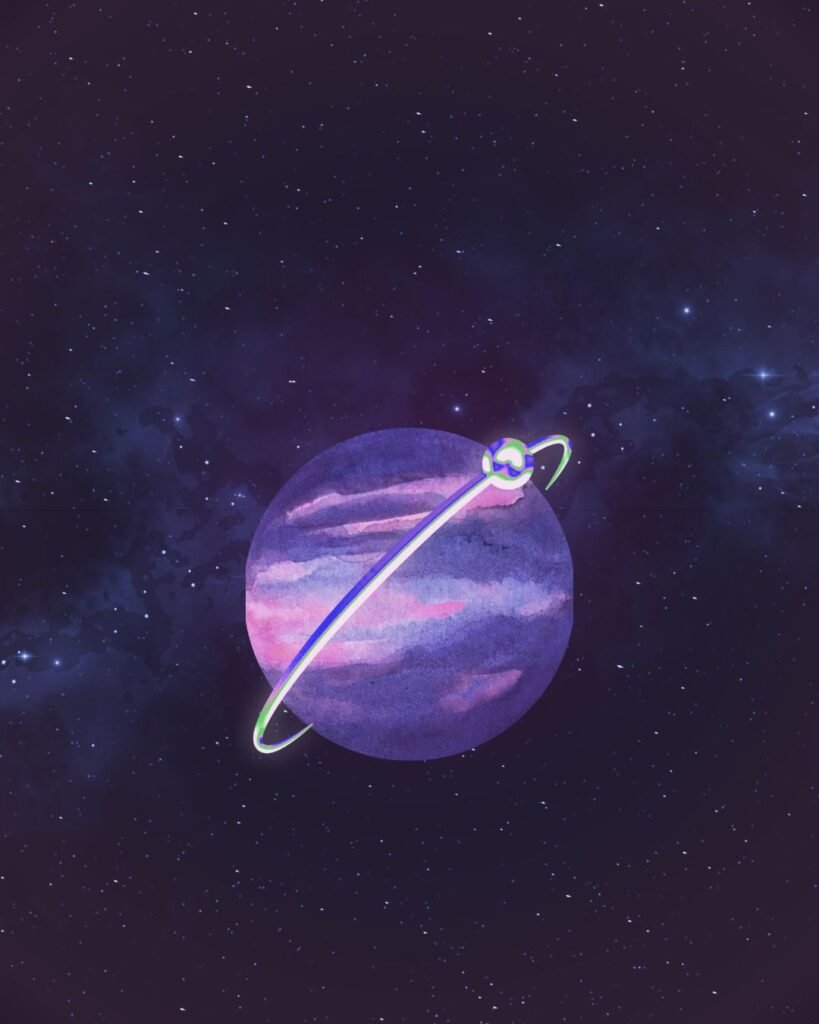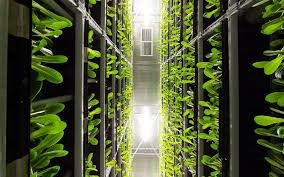
What if tomorrow’s energy source isn’t found on Earth, but in the heart of a black hole? While solar panels and nuclear reactors are today’s frontrunners in renewable energy, scientists are looking to the universe’s most mysterious objects—black holes—for a radically new source of power. Known as “black hole farming,” this concept imagines harnessing the immense energy around these cosmic giants to fuel our future.
Once dismissed as purely destructive, black holes are now being explored for their potential as powerful energy emitters. This blog explores how black hole energy works, whether black hole farming is realistic, and what institutions are investing in the science behind it.
Basic understanding of Black Holes

Black holes are regions in space where gravity is so intense that nothing, not even light, can escape. At their center lies singularity, a point of infinite density. Surrounding this is the event horizon—the boundary beyond which nothing returns. Once thought to be cosmic vacuums that only destroy, black holes are now understood to be complex entities that may emit energy through theoretical mechanisms. These include Hawking radiation and energy extracted from their rotational dynamics.
Black holes are the remnants of massive stars that collapsed under their gravity. Despite their reputation for swallowing matter, black holes might also be key to understanding the universe's energy balance.
The Science Behind Black Hole Energy

Several theories propose how we might one day generate energy from black holes:
Hawking Radiation:
Theoretical particles emitted by black holes allow them to lose mass over time. While large black holes emit almost none, smaller or artificial black holes might radiate enough to be useful.
The Penrose Process:
A method of energy extraction that involves particles entering the spinning black hole’s ergosphere. One part escapes with more energy than it had before.
Accretion Disks:
These rings of hot gas and matter emit enormous heat and radiation as they spiral into the event horizon. With the right tech, we could collect this energy like solar power.
These concepts are still theoretical, but they’re grounded in solid physics, and that's an exciting start.
What Is Black Hole Farming?

Black hole farming is the speculative concept of harvesting energy from black holes systematically and sustainably. This could involve placing energy collectors or satellites in orbit around a black hole, strategically positioned to absorb radiation or intercept energy from particle interactions. Some scientists have even proposed building Dyson sphere-like structures around black holes to collect emitted energy, similar to how solar power is harvested from stars.
Unlike solar energy, which is abundant but limited in density, black hole farming could offer compact and intense energy sources suitable for deep space missions or powering off-world colonies. Though the engineering challenges are enormous, the theoretical benefits make this idea one of the most exciting theoretical energy sources.
Black Hole Energy: Visionaries and Research Institutions
While black hole farming remains largely theoretical, several leading organizations are exploring physics that might make it possible. NASA, for example, has long funded black hole research, including the imaging of black hole accretion disks and event horizons. The 2019 black hole image captured by the Event Horizon Telescope was a landmark moment in visualizing these celestial giants.
SpaceX, known for pushing boundaries in space technology, has expressed interest in energy solutions for long-term space travel. While not directly pursuing black hole farming, their deep-space missions may eventually intersect with the need for compact and sustainable power sources. CERN and other particle physics labs are also exploring quantum gravity and particle behavior near black holes, indirectly supporting the long-term feasibility of such energy technologies.
Black hole research in the USA is particularly robust, with top universities and government-backed observatories contributing to our understanding of black hole mechanics. This foundational work is essential for any future effort to explore how to harness energy from black holes.
Challenges of Black Hole Energy Tech
Despite its promise, black hole energy tech faces several monumental challenges. First is accessibility: most known black holes are thousands of light years away. Sending equipment to orbit or interact with them is far beyond our current capabilities. Second is safety. The extreme gravity and radiation pose immense risks to any human or robotic mission.
Engineering challenges include constructing materials that can withstand these environments and developing AI systems capable of operating independently in such remote and dangerous conditions. Moreover, the theoretical nature of processes like Hawking radiation means that much of the underlying physics still needs experimental verification.
Another consideration is ethical and philosophical. Should we manipulate such powerful and poorly understood objects? Could harvesting energy from black holes disrupt cosmic balances or trigger unintended consequences? These questions will become more pressing as technology advances.
Conclusion
Black hole farming represents one of the most daring ideas in the future of space-based energy. While the concept remains speculative, it draws from real theoretical physics and ongoing research into black hole behavior. As we advance toward deep-space missions and the need for sustainable power grows, ideas like harnessing energy from black holes farming may shift from fiction to feasibility.
Institutions like NASA and research in the USA are laying the groundwork, and visionaries in the private sector may one day build upon it. Black hole farming is an emerging theoretical concept that envisions harvesting immense energy from rotating black holes to power future civilizations or deep-space missions.







